Ivory Coast PM vows to carry out UN mandate
 Ivory Coast's Prime Minister Charles Konan Banny on Wednesday announced the resumption of preparations for long-postponed elections in the divided country under his new UN mandate.
Ivory Coast's Prime Minister Charles Konan Banny on Wednesday announced the resumption of preparations for long-postponed elections in the divided country under his new UN mandate.
"I'm re-launching operations to distribute... birth certificates and nationality certificates," Banny told journalists in the west African nation's political capital Yamoussoukro.
"I will also quickly relaunch the process of disarmament, demobilisation and reintegration" of rebel and government forces, he said in his first public speech since the start of a new transitional year on November 1. "I intend to assume all my responsibilities and fully carry out the mission entrusted to me," the former banker added, a week after the UN Security Council extended his term in office for a year, along with that of President Laurent Gbagbo, in a bid to break a deadlock in the peace process.
The UN Security Council's Resolution 1721, which was sponsored by France on the basis of proposals from African mediators, strengthened Banny's powers and gave him authority over the military and security forces, but critics said it failed to go far enough.
Gbagbo has cautiously welcomed the latest UN resolution, warning that he would not implement clauses that were out of line with the constitution.
Backed by volatile militia movements who regard themselves as patriots and based mainly in the economic capital Abidjan, Gbagbo is seen by his foes as an obstacle to peace.
Measures to issue identity documents -- a key precursor to elections -- were interrupted by clashes between Gbagbo supporters in the south and the political opposition allied to New Forces rebels holding the north of the country.
An estimated 3.5 million Ivorians have no ID papers and the issue of Ivorian identity is a key issue of the civil conflict in Ivory Coast which plays host to thousands of migrants working on cocoa plantations.
Presidential and parliamentary elections had been scheduled for the end of October, but were delayed for a second time since the world's leading cocoa producing nation was split in two between the government and the rebels late in 2002.
Banny said he wanted the backing of all those "in the administration and elsewhere who have a role to play and sincerely wish that peace will come to our beautiful country."
"I count from this point, with determination, to pursue and complete the actions to get out of the crisis that have been set out in Resolution 1721," Banny said.
New Forces rebels in the north of the country have thrown their weight behind Banny "assuring him of our support" and "inviting him to start immediately" the process to return the country to lasting peace.
Opposition Rally of the Republicans spokesman Aly Coulibaly said his party "rejoiced" that Banny had decided to take up his responsibilities to kick-start the stalled peace process.
The transitional prime minister, who heads a broad-based government, said that the UN resolution "in my eyes constitutes a new and ultimate framework to settle the crisis peacefully. In this context, it seems to me absolutely unnecessary to look for another scheme as a substitute for this resolution."
Banny said he would create a new structure for military dialogue to reorganise and unify government and rebel forces.
He pledged to complete "as soon as possible" the dismantling of militia groups and to "definitively" withdraw illegally-held weapons. "I will work with determination and without weakness for the reunification of the country and the restoration of state authority across the entire territory... and to restore to our citizens the freedom of movement, without obstacles and in safety," said Banny.

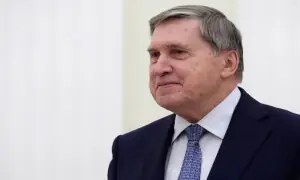
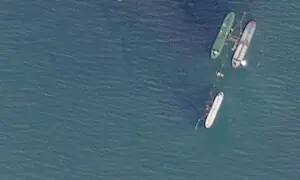
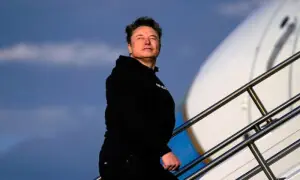
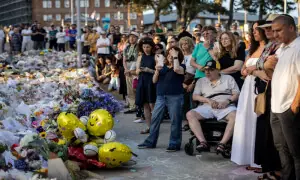
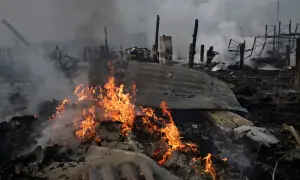
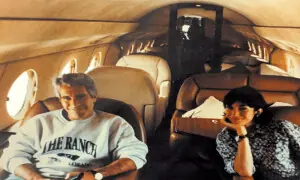

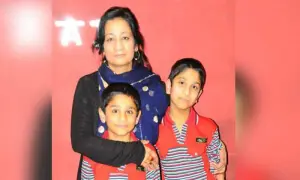
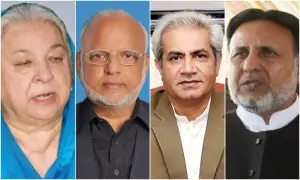
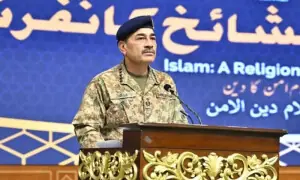

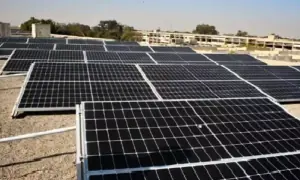
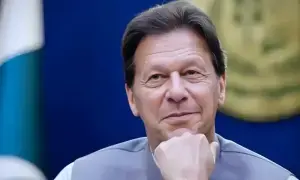

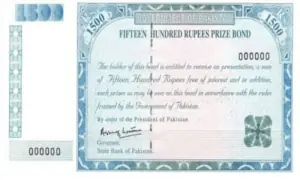


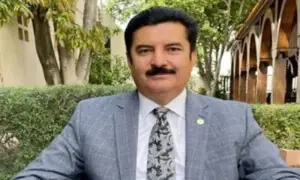
Comments are closed on this story.